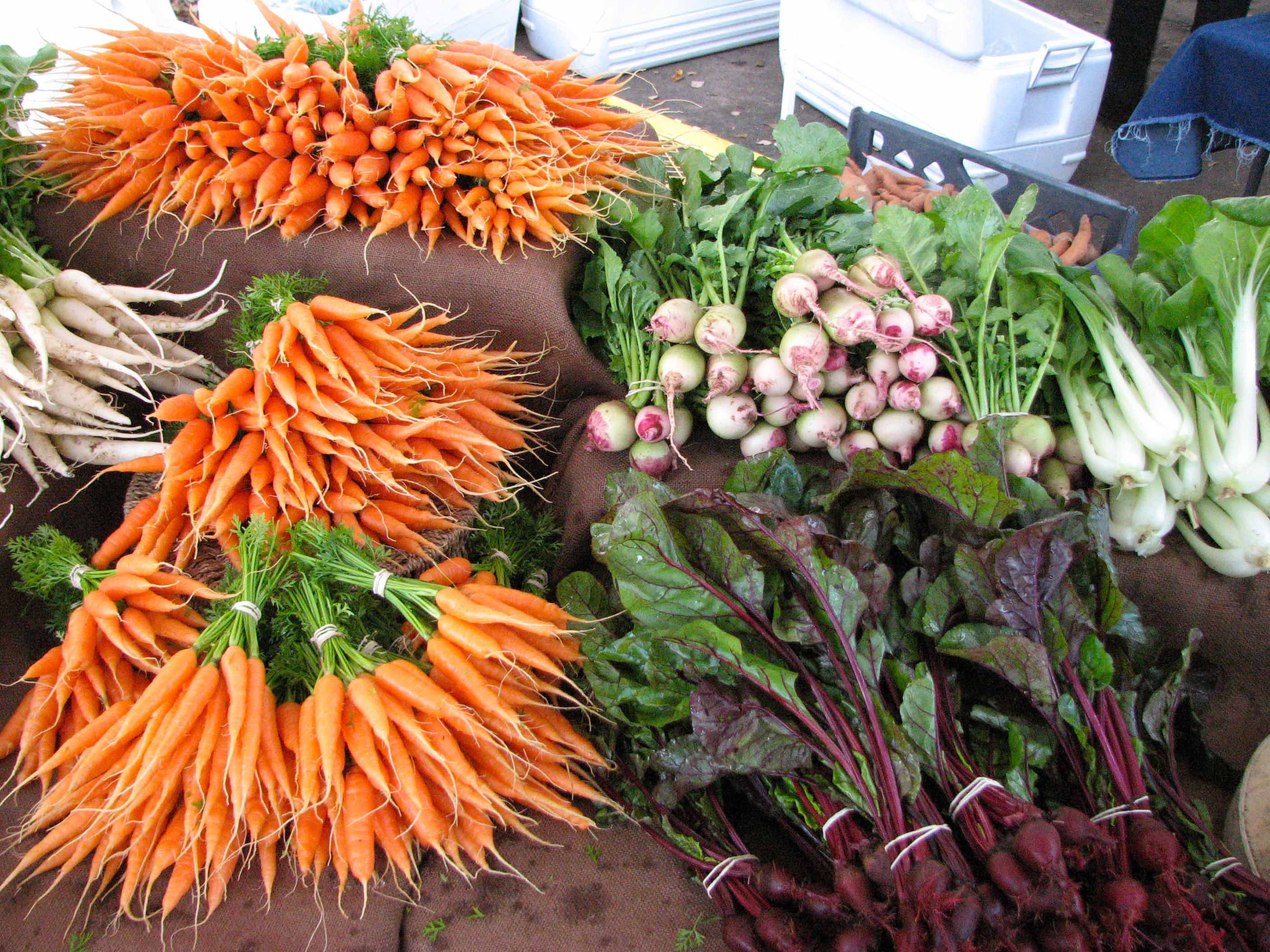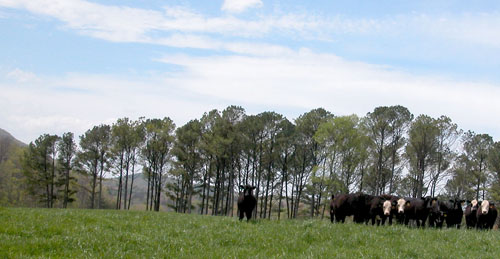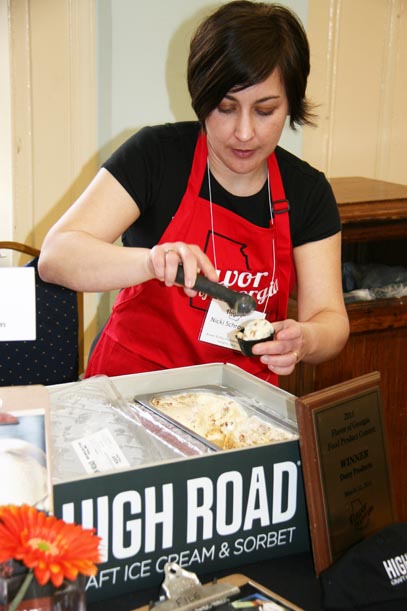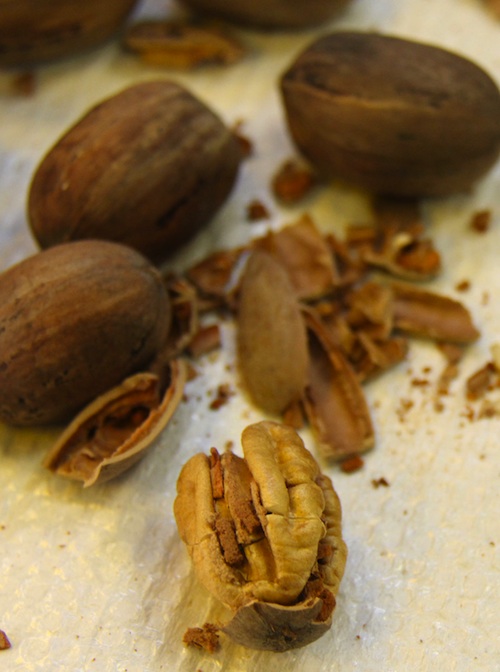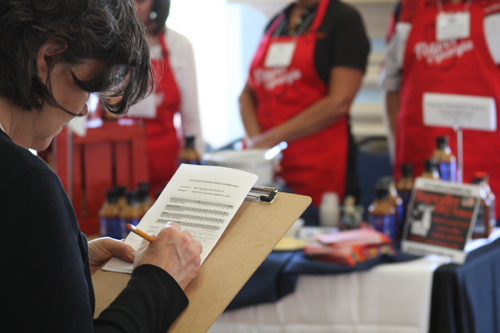 CAES News
CAES News
New Food PIC building
Georgia’s 2013 budget includes $3.5 million to construct a long-awaited facility where University of Georgia food scientists in Griffin, Ga., will help businesses launch new food products and processes.

